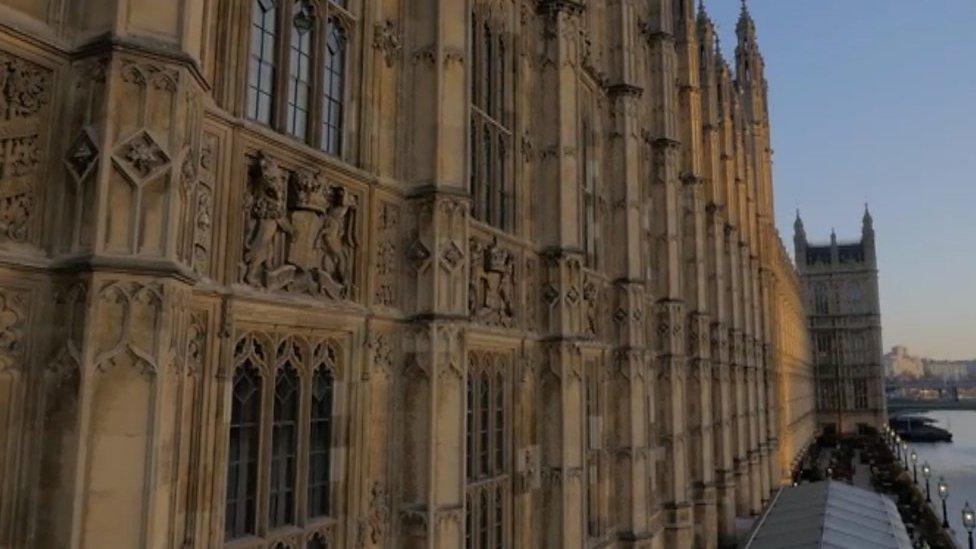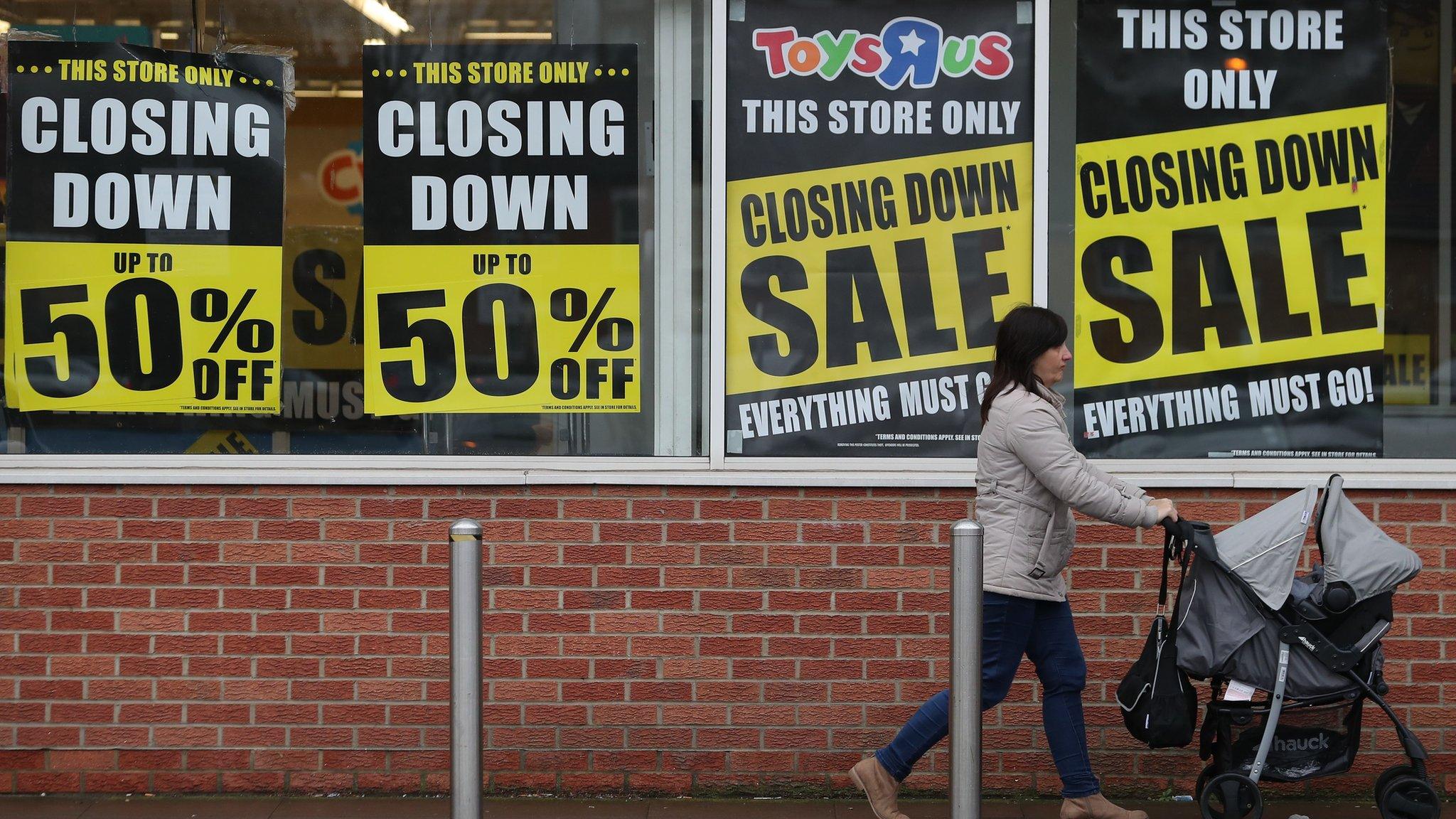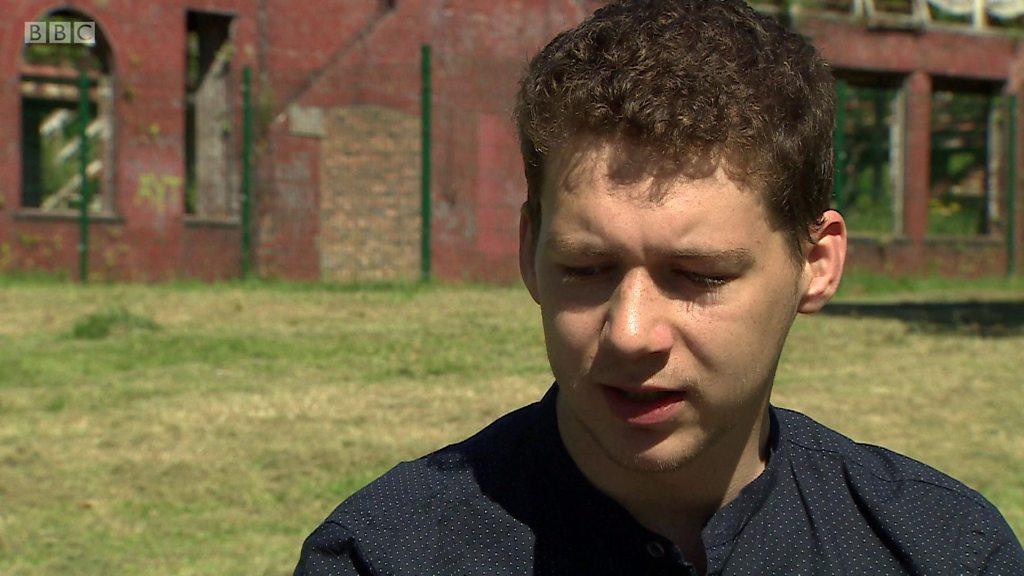Bill for public sector wage rises £820m, estimates IFS
- Published

Public sector pay is one of the largest parts of government expenditure.
The government spends £181bn a year employing all the nurses, doctors, police officers, prison staff, civil servants, teachers, administrators and many others who run publicly funded services.
So, announcing a pay increase of any description means costs.
Particularly if some of those pay increases are, at 3.5% for many teachers, well above the rate of inflation, which is at 2.4%.
Calculations by the Institute for Fiscal Studies (IFS) suggest that the pay increases announced today could cost £820m a year by 2019.
The highest bill, about £320m, will be for the pay settlement for teachers - there are many hundreds of thousands of them.
Costs for the doctors settlement is likely to be close to £230m and the armed forces around £200m.
The rest will be taken up by the pay increases for the police and prison officers.
Underspending
After the major commitment made last month to increase funding for the NHS in England and Wales by £20.5bn by 2020, the question the government is now facing is how are all these new spending pledges going to be paid for?
Is the magic money tree in blooming good health?
The government insists that, unlike the NHS increase which will require higher taxes, this is not a spending commitment that will mean tax rises or increases in borrowing.
The Treasury believes the money can and will be found from within existing departmental budgets.
My Whitehall sources point out that many departments underspent their annual budgets by a considerable amount.
The Department for Education in England, for example, underspent by about £436m of a total "resource budget" of a £60bn resource budget.
The Treasury expects some of that money to be recycled.
Temporary fix
The public finances are also in better shape than forecast, meaning that the government has more money to play with in the future, whilst still being able to hit its "fiscal rule" of balancing government expenditure with tax revenues and other income by the middle of the next decade.
Jonathan Cribb, senior research economist at the IFS, said that although the increased costs were small compared with the overall pay budget, underspends were by their very nature only a temporary solution.
"Finding even small amounts could be quite difficult," he said.
"And many departments have already gone through lots of cuts or other spending pressures."
The government is certainly keen that the summer recess for Parliament starts on what they would consider an upbeat note after years of public sector pay restraint which saw average incomes fall by 4% in real terms between 2010 and 2017.
The Treasury says the bills can be met.
The time to check on that commitment is at the Budget in November, when all the spending plans and how the government will pay for them will be laid out in full detail.
- Published2 May 2018

- Published2 July 2018

- Published17 July 2018

- Published18 July 2018
